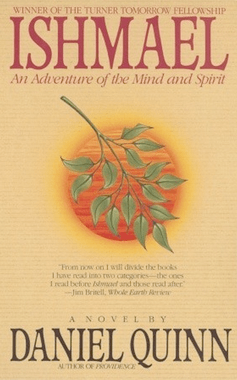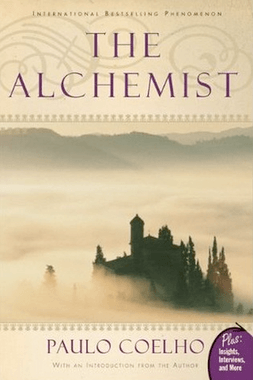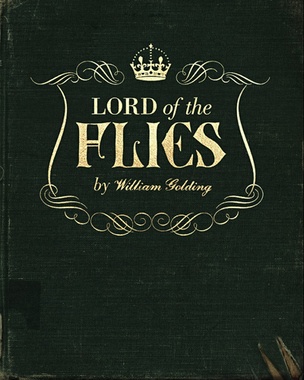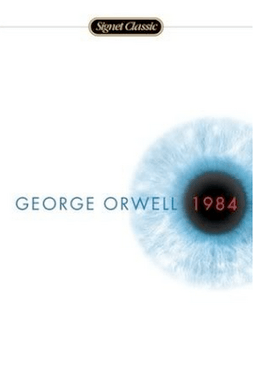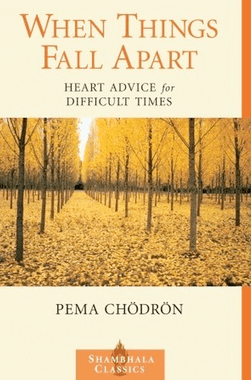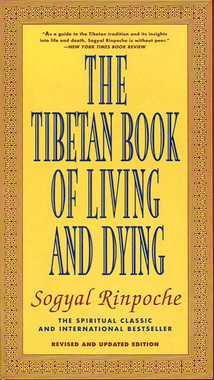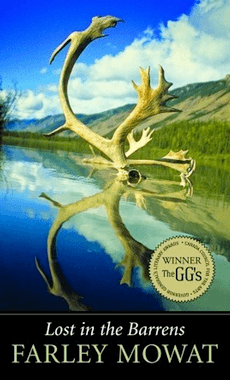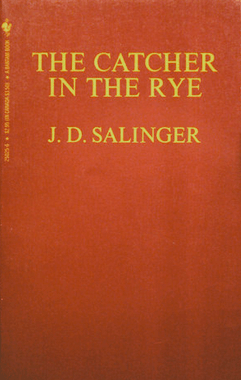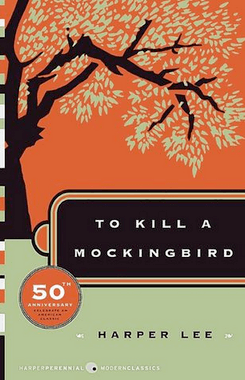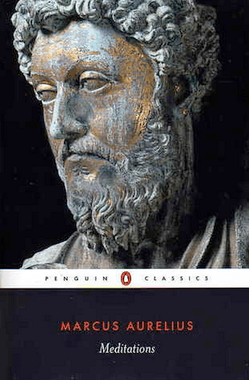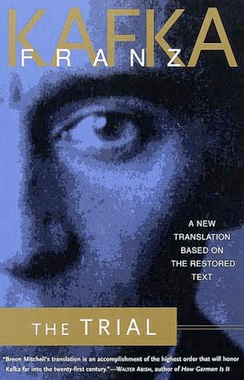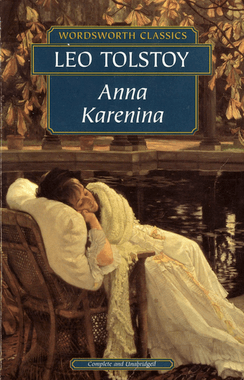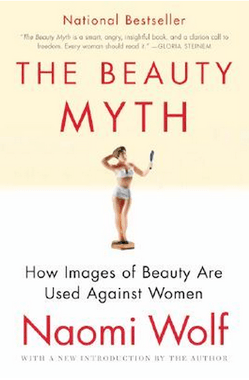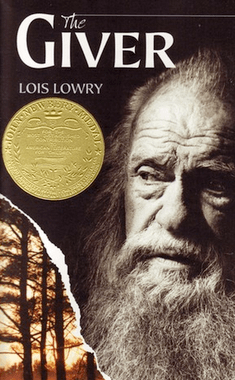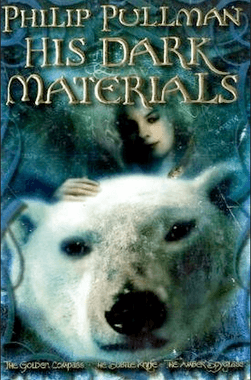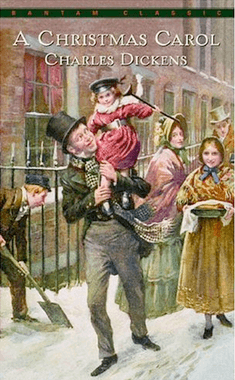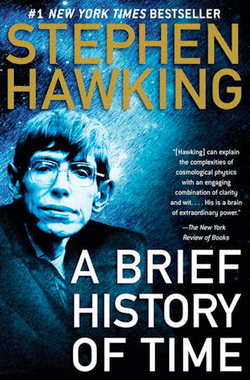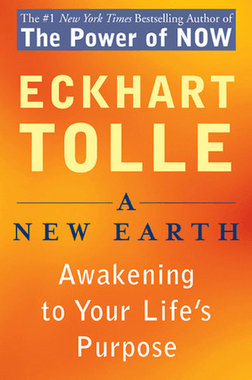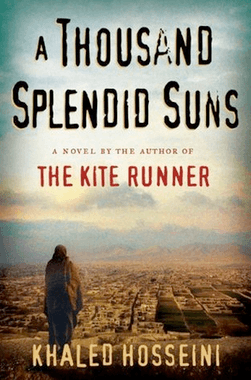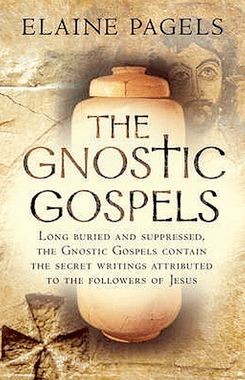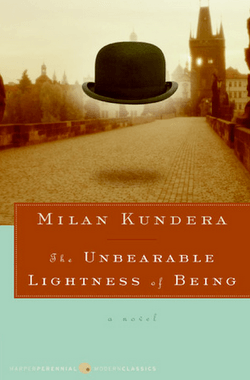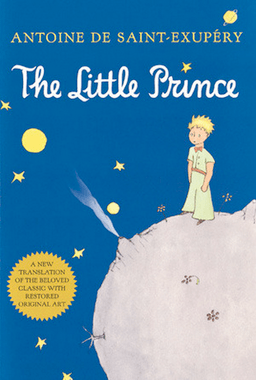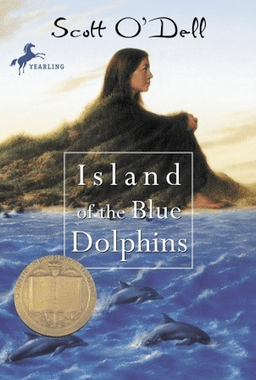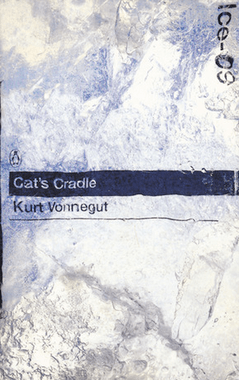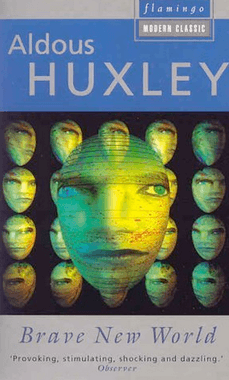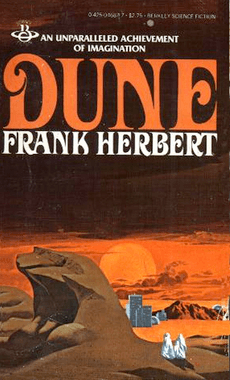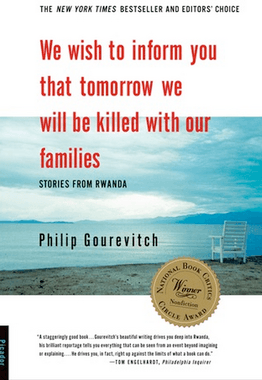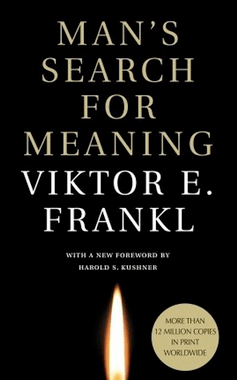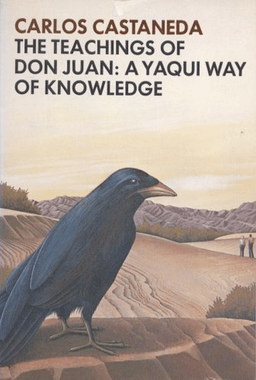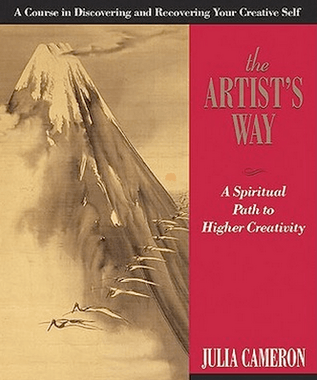If these questions can be answered with a hearty “yes!”, then the book can indeed be considered a classic. Universality is usually the most appreciated aspect of a book, in the sense that people of all different ages, social status, etc. can all relate to it, somehow. Being able to glean some measure of wisdom or insight from a book is invaluable, and it’s likely that every dedicated bibliophile out there can give you a list of the books that have greatly influenced their lives. Below is a list of 30 such books—if you haven’t read them yet, you might enjoy delving into them.
1. Ishmael, by Daniel Quinn
Purposely didactic, this book forces us to re-examine what we believe to be Truth, and reinforces the fact that wisdom can come from the most unlikely sources.
2. The Alchemist, by Paulo Coelho
Sometimes, when we follow our dreams, we end up where we need to be, rather than where we think we want to be.
3. Lord of the Flies, by William Golding
Our feral natures are never far from the surface, as illustrated by what happens when a group of supposedly well-mannered young men gets shipwrecked on a tropical island.
4. 1984, by George Orwell
Many would say that issues addressed in this (prophetic?) book are coming into play now. You might wish to judge that for yourself.
5. When Things Fall Apart, by Pema Chödrön
Pain is inevitable: suffering is optional. Tibetan Buddhist nun and teacher Pema Chödrön takes the reader through the different stages of grieving when life throws a curveball, giving gentle, compassionate advice on how to accept, acknowledge, and move beyond difficulty.
6. The Tibetan Book of Living and Dying, by Sogyal Rinpoche
One of the most powerful books of Buddhist life philosophy, this tome guides people through the magnificent journey that is their own life and transition into death, and gives advice on how to care compassionately for others who are nearing death. In our modern world, where aging and death are verboten topics that terrify the average person, this is a refreshing perspective that softens aspects of life’s journey that may cause fear and anxiety for many.
7. Lost in the Barrens, by Farley Mowat
This isn’t your standard “coming of age” novel, but rather a tale of bravery, intercultural friendships, and respect of the natural world. It just happens to centre around two teenage boys. An alternate title for this book is Two Against the North.
8. The Catcher in the Rye, by J.D. Salinger
People tried to stifle Holden’s uniqueness, and he refused to acquiesce. Those who prefer to dwell outside dominant ideology may find an affinity with this tale.
9. To Kill a Mockingbird, by Harper Lee
Those who do not learn from history are doomed to repeat it, and this book takes into account massive injustices based on race and age.
10. Meditations, by Marcus Aurelius
Marcus Aurelius was one of the greatest Roman emperors, and this collection of meditations was written solely for his own use as he tried to make sense of the universe, and to create a standard of ethical behaviour to hold himself to.
11. The Trial, by Franz Kafka
A very telling illustration of the nightmare that is bureaucracy, injustice, and the powerlessness felt by a man in the face of all of it.
12. Anna Karenina, by Leo Tolstoy
Poignant and heartbreaking, it’s a tale of intense passion and love, and also details the repercussions of infidelity and jealousy.
13. The Beauty Myth, by Naomi Wolf
A must-read for anyone identifying as female, this book argues that modern ideals of beauty are mostly driven by the advertising industry, and that the “myth” of feminine beauty is a political and economic weapon used by a male-dominated world to undermine women’s advancement in society. Whether you agree or disagree with the premise, it’s worth a read, and a ponder.
14. The Giver, by Lois Lowry
A dystopian tale about a young boy growing up in a commune of sameness that is devoid of colour, emotion, or individuality. This young man has the ability to experience what the others are missing out on, and he selflessly sets out to bring that experience to others at the cost of his own life. An interesting exploration of living outside a norm of “safety”, and what beauty and havoc that may wreak.
15. His Dark Materials Trilogy, by Philip Pullman
Shows the heroism and bravery that young people can possess, the possibility of multiple worlds and dimensions, as well as the dangers that can occur when a dominant ideology/religion gains too much power.
16. A Christmas Carol, by Charles Dickens
Most of us were forced to study Great Expectations in high school, thus ruining our appreciation for Dickens forevermore, but this novel really does make us pause to consider the consequences of our actions. Every stone cast into a pond causes ripples, as Ebenezer Scrooge learned during his time spent with ghosts of past, present, and future.
17. A Brief History of Time, by Stephen Hawking
This is a very readable, accessible, and entertaining introduction to recent developments in physics and cosmology, as written by one of the most brilliant minds of our time.
18. A New Earth: Awakening to Your Life’s Purpose, by Eckhart Tolle
Transcend your ego and leave behind jealousy, anger, and unhappiness. Life in the moment, get back in touch with your inner stillness, and stop listening to the nay-saying of that obnoxious inner voice.
19. A Thousand Splendid Suns, by Khaled Hosseini
Part historical fiction, part social commentary, and part kick-in-the-throat storytelling, this novel is a story of intense beauty and strength buried under the surface of the cruel and capricious life imposed upon two Afghani women. Ideal for those in the West who have preconceived notions about the lives of those living in the Middle East.
20. The Gnostic Gospels, by Elaine Pagel
Many deeply religious Christians aren’t aware that there were several gospels removed from what is now known as the Bible. The gospels of Mary Magdalene, Thomas, and Judas are among them, and may be very eye-opening; both to the devout, and to those of other religions as well. It’s interesting to delve into writings that were suppressed by the Church for so long, especially since they contain philosophical ideas that don’t exactly mesh with established doctrine…
21. The Unbearable Lightness of Being, by Milan Kundera
This “mad myth” cannot be categorized, and forces the reader to contemplate all manner of ideas: concepts of freedom, loyalty, love, betrayal, social responsibility, and what it means to be truly alive.
22. The Little Prince, by Antoine de Saint-Exupéry
Wonder, beauty, love, and loss, all viewed with the childlike innocence of a little Prince who lives on a small planet and is in love with a rose. “Goodbye,” said the fox. “And now here is my secret, a very simple secret: It is only with the heart that one can see rightly; what is essential is invisible to the eye.”
23. Island of the Blue Dolphins, by Scott O’Dell
Most people shy away from solitude, fearing they couldn’t survive on their own, but this story of a young girl’s life on an Aleutian island (based on a true story) shows the strength of human resilience, and the bonds that can form between us, and animal companions.
24. Cat’s Cradle, by Kurt Vonnegut
This cult tale of global destruction preys on our deepest fears of witnessing Armageddon and, worse still, surviving it. Vonnegut’s classic use of sarcasm, irony, and absurdity helps to weave a tale that is as plausible as it is fantastical, showing how humanity’s juvenile idiocy can so easily bring about the destruction of the Earth.
25. Brave New World, by Aldous Huxley
From the Alpha-Plus mandarin class to the Epsilon-Minus Semi-Morons, designed to perform menial tasks, man is bred and educated to be blissfully content with his pre-destined role. Except one. Like Holden’s character in The Cather in the Rye, a young man who wasn’t wired to be “normal” lives outside societal expectations, and is celebrated for his differences. At first…
26. Dune, by Frank Herbert
An intricately woven commentary about ecology, family dynamics, politics, religion, technology, and overcoming fear to attain one’s potential.
27. We Wish to Inform You That Tomorrow We Will Be Killed With Our Families, by Philip Gourevitch
This is not an easy book to read. This is a book that will tear your heart out and leave you sobbing as you learn about the atrocities that were visited upon the Tutsi people by the Hutu majority, a topic most people in the West haven’t even heard about it. Delving into this book requires great bravery, and no reader will remain unscathed… but reading stories from other human beings who have survived great hardship can only serve to make us more compassionate.
28. Man’s Search for Meaning, by Viktor Frankl
Frankl, a Holocaust survivor, penned this book after recovering from his time in Auschwitz, where he lost his entire family (including his pregnant wife). He maintains that people can survive anything as long as they have reason to do so. “Everything can be taken from a man but one thing: the last of the human freedoms—to choose one’s attitude in any given set of circumstances, to choose one’s own way.”
29. The Teachings of Don Juan, by Carlos Castaneda
The most serious and most truthful of Castaneda’s work, it opened countless people’s minds to the mysteries that lie beyond the mundane everyday experience we’re all accustomed to.
30. The Artist’s Way, by Julia Cameron
The perfect “bible” for any creative soul, this book cheers you on when you feel like you can only look longingly at your creative passion (writing, painting, drawing…) because life’s stresses and responsibilities have gotten in the way. It can lead you through the aching fatigue that comes from working a job that takes you from home and back to it again without a glimpse of the sun, and help you rekindle your creativity, even in the smallest of ways. All book cover images via Goodreads.com, except the Lord of the Flies, created by Nathaniel Winter-Hébert (published with permission by the artist).
